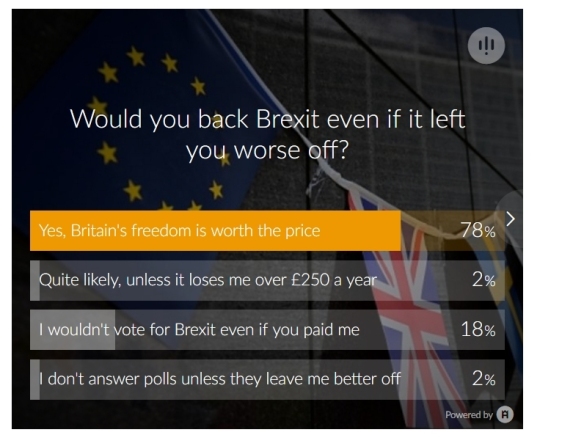In centuries past, a summons to attend the monarch in Parliament was a mixed blessing. In an age of poor transportation it could mean a long and arduous journey; it could also mean leaving a homestead, a farm, a manor to questionable management, not to mention wife and family to weeks or months of uncertainty. No wonder many tried to evade their duty or pass it off onto substitutes.
Gradually, the notion of public service came to prevail. The knights of the shires on the one hand, and the chosen spokesmen of the miners, weavers, farmers and labourers on the other, accepted their responsibilities and came to Westminster to represent their constituents.
Most recently the notion of public service, while still benefitting from ritual homage, has given way to personal ambition and self-aggrandisement. Cameron’s resignation announcement was its apotheosis.
His duty was to ensure stability and continuity of government. He gave a commitment to stay whatever the result. He could have said, “I understand and accept the result of this referendum. Britain will leave the European Union. This will take some time, and involve some complex negotiations. I will ask [X] to form a team to achieve this. In the meantime, I will continue as your elected Prime Minister to ensure the continuity of Her Majesty’s Government.”
Instead, he took his ball away. His last betrayal and broken promise.

